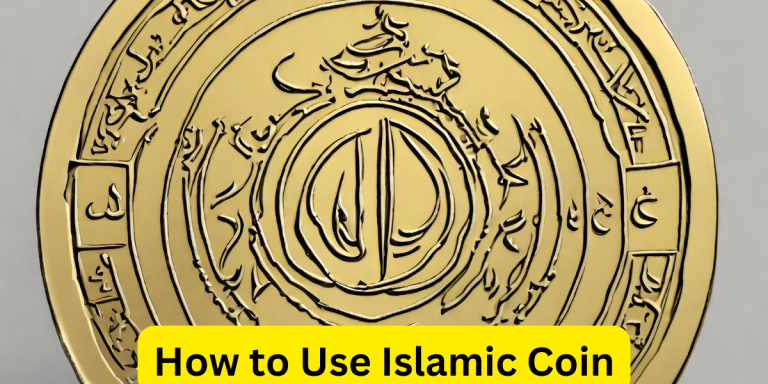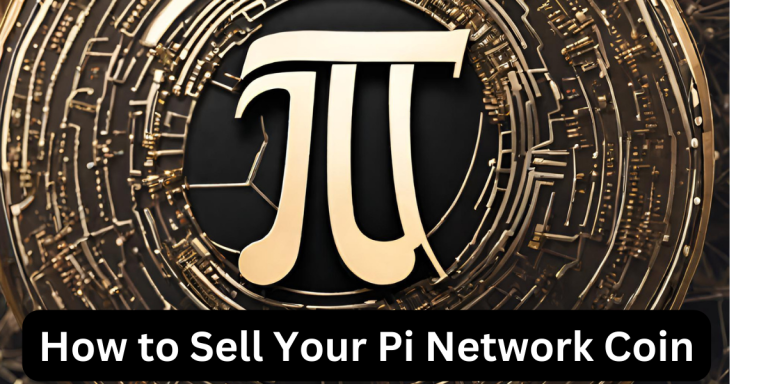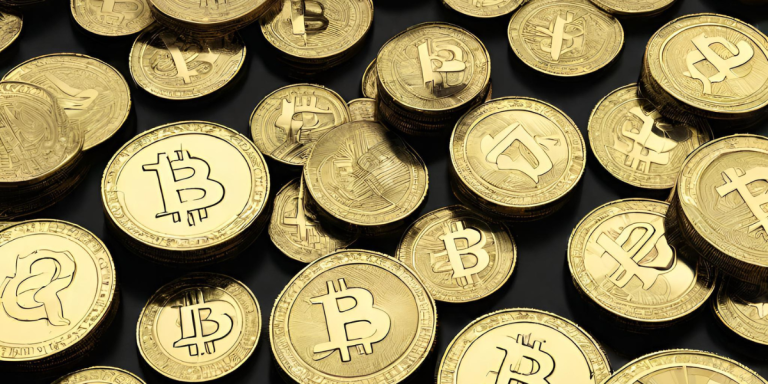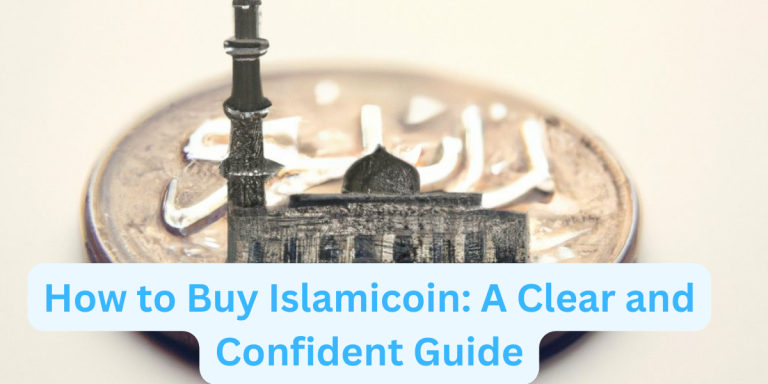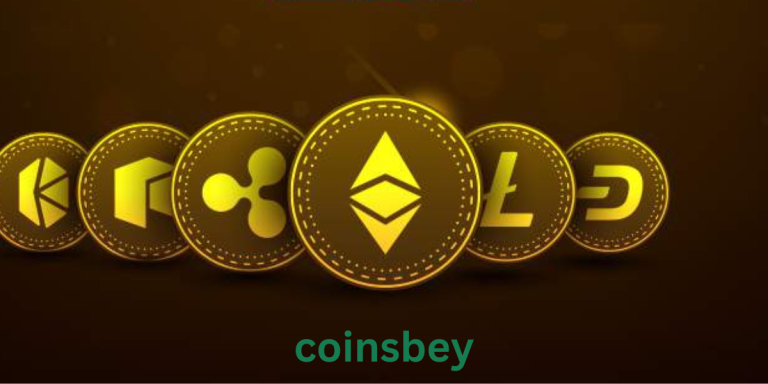How Does an Islamic Coin Work?
In a world dominated by digital currencies and fiat money, the concept of an Islamic coin might seem archaic to some. However, Islamic coins hold significant cultural and historical importance within the Islamic world. These unique coins have their roots deeply embedded in Islamic traditions and principles. In this article, we will delve into the fascinating world of Islamic coins, exploring their history, significance, and the underlying principles that govern them.
Understanding the Basics
What is an Islamic coin?
An Islamic coin, also known as a “Dirham” or “Dinar,” is a form of currency that adheres to Islamic financial principles. These coins are minted and used in accordance with Sharia law, which governs Islamic finance.
Historical Significance
Islamic coins have a rich history dating back to the early days of Islam. They were first introduced during the time of the Prophet Muhammad as a means of standardizing currency and facilitating trade within the growing Islamic community.
Compliance with Sharia Law
One of the key features of Islamic coins is their compliance with Sharia law. This means that they must adhere to specific guidelines outlined in Islamic finance, such as the prohibition of usury (interest) and uncertainty (gharar).
The Anatomy of an Islamic Coin
Design and Features
Islamic coins are known for their intricate designs and unique features. They often feature calligraphy, geometric patterns, and religious symbols, making them aesthetically appealing to collectors and enthusiasts.
Inscriptions
Most Islamic coins bear inscriptions in Arabic, which often include verses from the Quran or the names of prominent figures in Islamic history. These inscriptions add both cultural and historical significance to the coins.
The Role of Islamic Coins in Today’s World
Collectibles and Investments
While no longer in widespread circulation, Islamic coins are highly sought after by collectors and investors. Their scarcity and historical value make them valuable assets in the world of numismatics.
Cultural Preservation
Islamic coins serve as a reminder of Islamic heritage and culture. They are a tangible link to the past and play a crucial role in preserving the traditions of the Islamic world.
The Process of Acquiring Islamic Coins
Authentication and Certification
Due to the popularity of Islamic coins among collectors, ensuring their authenticity is paramount. Coins are often certified by numismatic organizations to guarantee their legitimacy.
Marketplace
Islamic coins can be found in specialized coin shops, online marketplaces, and auctions. Collectors should exercise caution and conduct thorough research before making a purchase.
is islamic coin ligit ?
Islamic coin is legitimate. Islamic coins are currency that adhere to the principles of Islamic finance, which prohibits the use of interest (riba) and promotes fairness and equality in financial transactions. These coins are minted and regulated by Islamic authorities to ensure compliance with Islamic principles. Islamic coins are used for various purposes, including trade, investment, and charitable activities, and are recognized as a legitimate form of currency in many Muslim-majority countries. They provide an alternative to conventional banking systems and offer Muslims a way to engage in financial transactions that align with their religious beliefs.
how to purchase islamic coin?
To purchase Islamic coin, you can follow a few steps. Firstly, you need to identify a reputable exchange or broker that facilitates the buying and selling of Islamic coin. It is important to conduct thorough research to ensure that the platform is legitimate and secure. Once you have identified a suitable platform, you will need to create an account and complete the verification process. This typically involves providing personal information and documentation to comply with anti-money laundering regulations. Once your account is verified, you can fund it with your preferred payment method and proceed to purchase Islamic coin at the prevailing market price.
In a world where financial systems are constantly evolving, Islamic coins stand as a testament to the enduring cultural and historical significance of Islamic finance. These coins not only serve as tangible pieces of history but also reflect the enduring values of the Islamic world.
FAQs
1. Are Islamic coins still in circulation?
No, Islamic coins are no longer in general circulation. They are primarily used for collection and investment purposes today.
2. What is the significance of inscriptions on Islamic coins?
The inscriptions on Islamic coins often include verses from the Quran or the names of important historical figures, adding cultural and historical value to the coins.
3. Can anyone buy Islamic coins?
Yes, anyone can purchase Islamic coins, but it’s essential to ensure their authenticity and understand their historical and cultural significance before making a purchase.
4. Are Islamic coins a good investment?
Islamic coins can be a good investment for collectors and numismatists due to their historical value and scarcity. However, like any investment, it carries risks, so thorough research is essential.
5. Where can I learn more about Islamic coins?
You can explore books, online resources, and numismatic organizations to deepen your knowledge of Islamic coins and their history.


